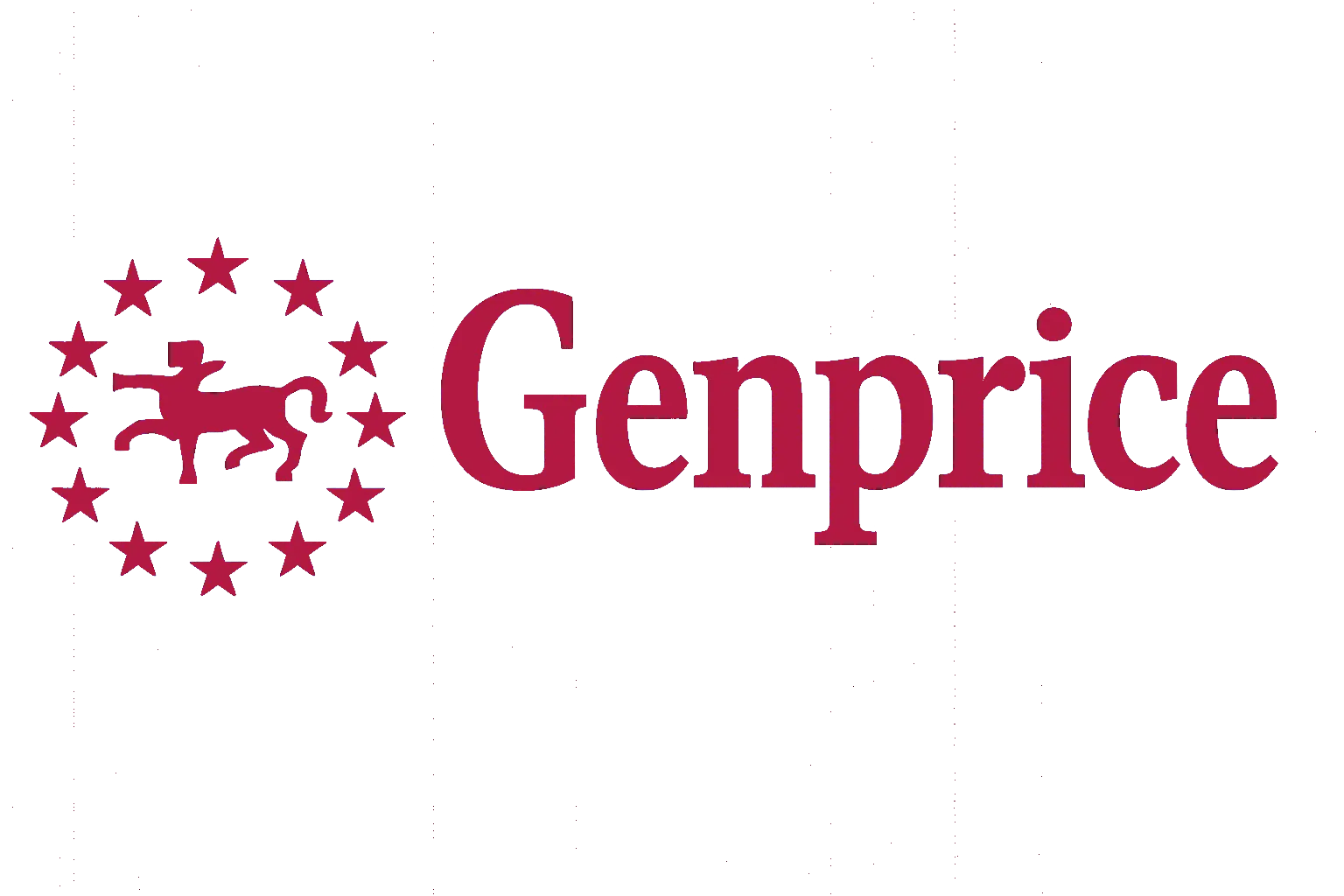Single Cell Sequencing
In practical research, these kits and reagents are used to look closely at how DNA can vary from one cell to another, how genes are switched on or off, and how epigenetic marks are maintained or altered. What makes single-cell methods stand out, compared to bulk sequencing is that they do not smooth out the differences between cells. Rather than averaging signals across thousands of cells, techniques such as single-cell RNA sequencing (scRNA-seq) and single-cell DNA sequencing make it possible to examine the molecular readout of each individual cell. This is important since what appears to be a uniform population often conceals cells with distinct behaviors, functions, or regulatory states. Detecting that variability has already proven valuable in immunology (for example, tracing clonal diversity in T cells), in neuroscience (where subtle changes shape neuronal circuits), as well as in developmental biology and cancer studies, where heterogeneity often drives disease progression.

Nuclei Isolation Kits
Gentaur Nuclei Isolation Kits are used to prepare intact nuclei from a variety of samples, including fresh, frozen, and fixed tissues. Many labs rely on these kits because they work across different cell lines and species. They are commonly applied in single-cell RNA sequencing (scRNA-seq), snATAC-seq, and other sequencing workflows. By keeping the nuclei intact and reducing debris, the kits provide material that researchers can use with confidence. For example, they are often chosen in cancer research, immune system studies, and brain science.
Single-Cell ATAC Sequencing (scATAC-seq)
Gentaur Single-Cell ATAC-Sequencing (scATAC-seq) service lets researchers map chromatin accessibility in individual cells, revealing which regions of the genome are open and active. It works with diverse samples—including fresh or frozen tissue, cell lines, or nuclei isolated beforehand. The method gives high resolution data about regulatory elements, enhancers, and promoters, and helps uncover how gene expression is controlled in different cell types. Many users in cancer biology, developmental biology, and immunology rely on this approach to explore regulatory heterogeneity. Gentaur makes it straightforward: with optimized library prep, quality control, and support, we help you move from cell to insight without unnecessary delays.
Single-Cell DNA Sequencing (scDNA-seq)
Gentaur’s Single-Cell DNA Sequencing (scDNA-seq) kits and services help researchers study genetic variation one cell at a time. In practice, this method goes beyond bulk sequencing by revealing rare mutations, copy number shifts, and genomic instability that often remain hidden when signals are averaged across many cells. For example, in cancer research it makes it possible to track clonal evolution and tumor diversity with far more precision. The same approach is used in developmental biology, immunology, and brain studies, where understanding single-cell differences is key. Each kit is designed to provide reliable DNA recovery and straightforward library prep, giving scientists data they can trust while saving valuable lab time.
Single-Cell RNA Sequencing (scRNA-seq)
Gentaur Single-Cell RNA Sequencing (scRNA-seq) makes it possible to look at gene expression cell by cell. Instead of averaging signals across thousands of cells, this method shows the differences that matter—rare cell types, shifts in activity, or unexpected patterns. In practice, many labs use scRNA-seq to study immune responses, brain cells, cancer samples, and developmental biology. The workflow is straightforward, with clear steps for RNA capture and library prep, so researchers spend less time troubleshooting and more time on results. By giving a sharper view of cellular diversity, scRNA-seq has become one of the most useful tools in modern biology.




